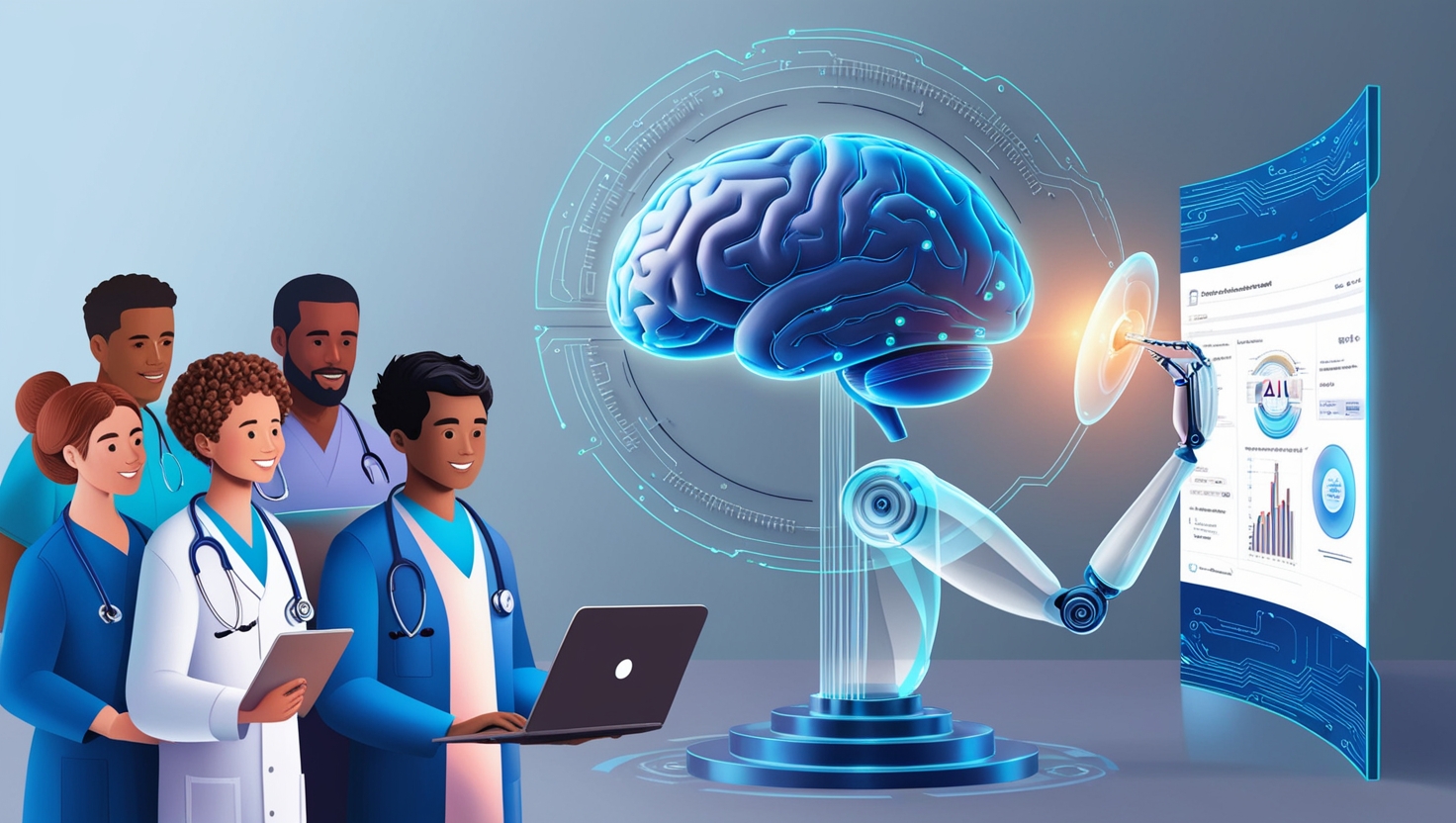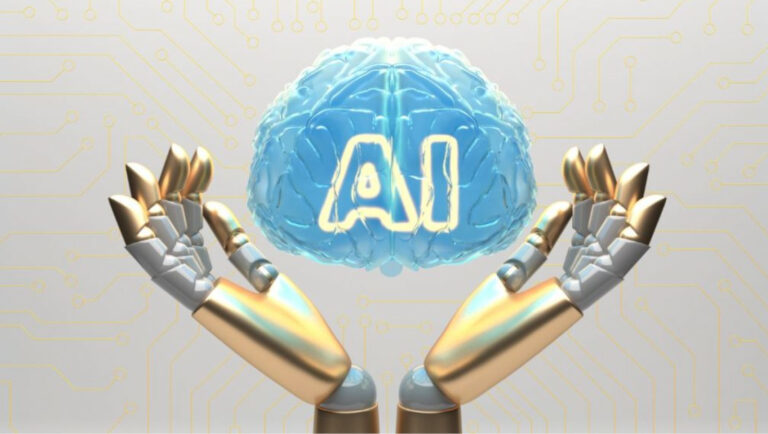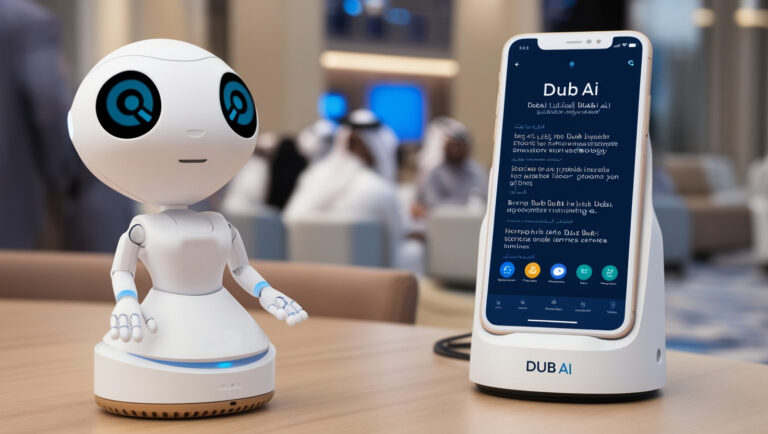The Transformative Role of AI in Healthcare

Artificial Intelligence (AI) has emerged as a disruptive force across various industries, and healthcare is no exception. The integration of AI technologies in healthcare has the potential to revolutionize patient care, diagnostics, treatment plans, and operational efficiency. With its ability to analyze vast amounts of data, recognize patterns, and make predictions, AI is poised to become a game-changer in the medical field. In this article, we will explore the unique relationship between AI and healthcare, shedding light on the remarkable ways AI is transforming the delivery of healthcare services.
Enhanced Diagnostics and Early Detection
Accurate and timely diagnosis is crucial in healthcare, as it significantly impacts patient outcomes. AI algorithms can analyze medical images, such as X-rays, MRIs, and CT scans, with exceptional precision, aiding healthcare professionals in the detection of diseases at early stages. By leveraging deep learning and machine learning techniques, AI systems can rapidly analyze medical images, compare them with vast databases of known cases, and provide insights that help physicians make more accurate diagnoses. This can lead to earlier interventions, improved treatment outcomes, and ultimately, saved lives.
Personalized Treatment Plans
Every patient is unique, and their response to treatments can vary. AI can help develop personalized treatment plans by analyzing large datasets that include medical records, genetic information, lifestyle factors, and treatment outcomes. By identifying patterns and correlations within this wealth of data, AI can assist healthcare providers in tailoring treatment plans that are specific to each patient’s needs. This approach has the potential to optimize treatment efficacy, minimize side effects, and reduce healthcare costs by avoiding unnecessary procedures or medications.
Predictive Analytics and Preventive Care
AI excels at predicting outcomes based on patterns and historical data. In healthcare, this predictive capability can be harnessed to identify individuals at high risk of developing certain conditions or complications. By analyzing patient data, including electronic health records, genetics, and lifestyle factors, AI algorithms can identify patterns that indicate potential health risks. This enables healthcare professionals to intervene proactively, offering preventive care measures and lifestyle interventions to reduce the likelihood of disease development. Through early intervention and preventive strategies, AI can help shift the healthcare focus from reactive to proactive, ultimately improving population health.
Operational Efficiency and Resource Optimization
Healthcare systems often face challenges related to operational efficiency, resource allocation, and workflow management. AI can address these issues by automating routine administrative tasks, allowing healthcare professionals to focus on patient care. Natural Language Processing (NLP) algorithms can extract relevant information from medical records, streamline documentation, and enhance the accuracy of coding and billing processes. Additionally, AI-powered scheduling systems can optimize appointment booking, reduce wait times, and ensure efficient utilization of healthcare resources. These AI-driven efficiencies can help healthcare providers deliver better care, reduce administrative burdens, and allocate resources more effectively.
Ethical Considerations and Human-AI Collaboration
While AI offers tremendous potential, ethical considerations must be at the forefront of its implementation in healthcare. Ensuring patient privacy, data security, and transparency in AI algorithms are critical factors that must be carefully addressed. Additionally, it is important to recognize that AI is not meant to replace healthcare professionals but to augment their capabilities. Human-AI collaboration is crucial, where healthcare providers work alongside AI systems, combining their expertise and intuition with AI-driven insights. This collaboration can result in more accurate diagnoses, improved treatment decisions, and ultimately, better patient outcomes.
Conclusion
Artificial Intelligence is transforming healthcare in remarkable ways, offering opportunities for enhanced diagnostics, personalized treatment plans, preventive care, operational efficiency, and ethical considerations. As AI continues to evolve, it is crucial for healthcare professionals, policymakers, and researchers to work collaboratively to ensure its responsible and ethical integration into healthcare systems. By embracing AI technologies and leveraging their power, we can usher in a new era of healthcare that is more precise, accessible, and patient-centric than ever before.



